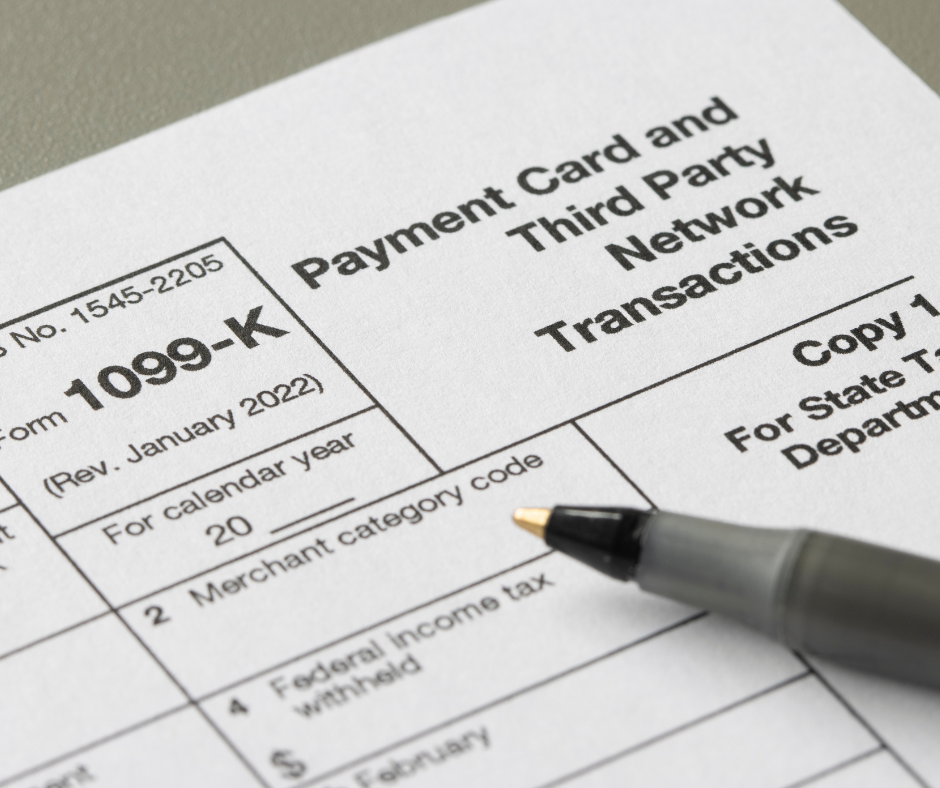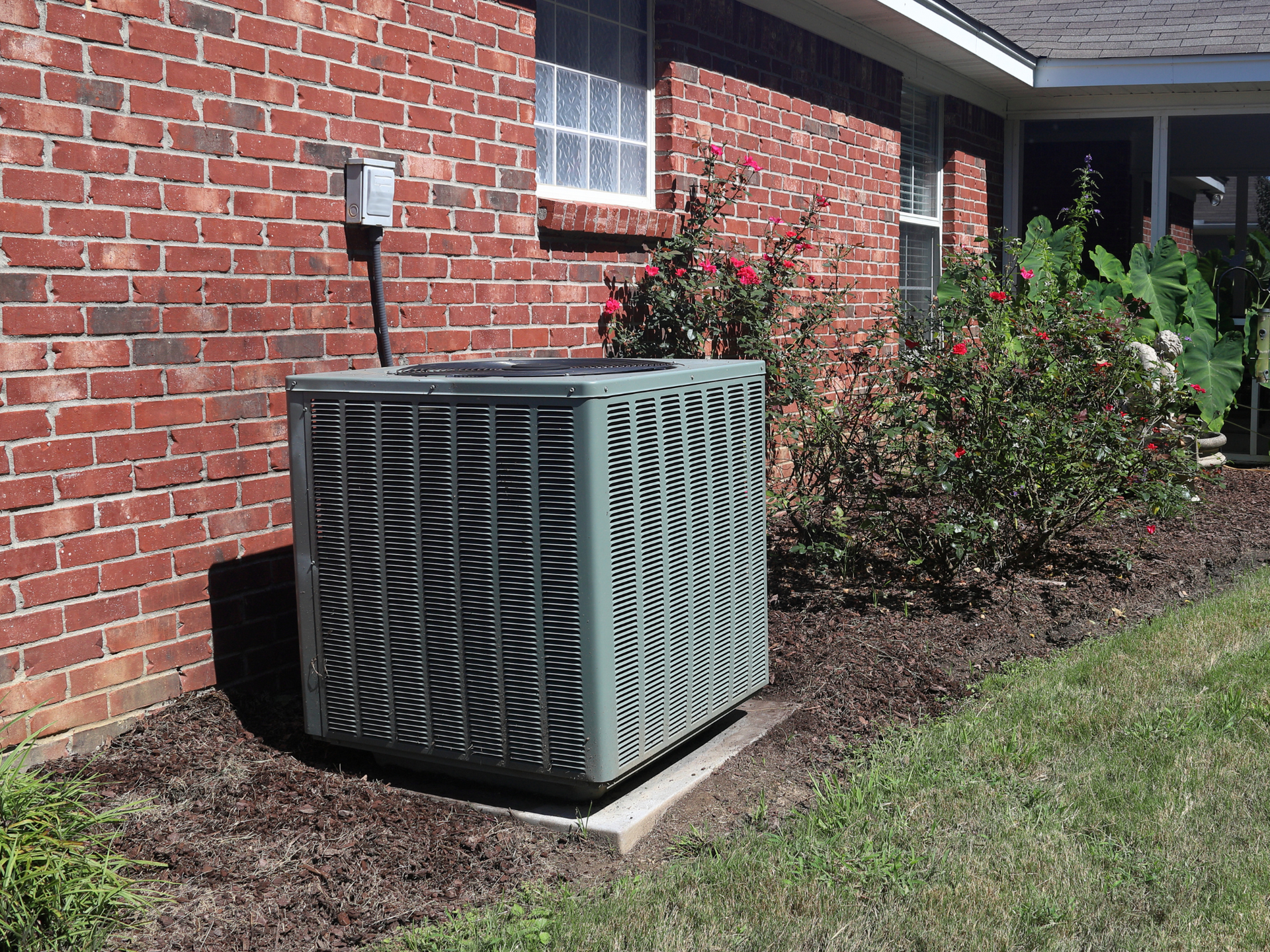Landlord Tax Statements and 1099s: A Guide for a Smooth Tax Season

According to the U.S. Department of Housing and Urban Development (HUD), there are between ten and eleven million landlords across the country. While being a landlord can be a lucrative investment, it often complicates tax filing. However, once you understand the tax requirements and establish a system for managing them, the process becomes much more manageable.
So, what do landlords need to know about tax statements and 1099s? What are some common reporting challenges, and how can they be avoided? This guide provides essential landlord tax advice to ensure a seamless tax season.
Understanding 1099 Forms
Properly handling 1099 forms is crucial for accurate tax reporting. There are two primary types of 1099s that landlords and property managers should be familiar with:
- 1099-MISC: This form reports miscellaneous income, including rental payments in certain cases.
- 1099-NEC: This form is used for payments of $600 or more made to non-employee contractors, such as maintenance workers, electricians, and landscapers.
Knowing when and how to use these forms helps landlords and property managers avoid IRS penalties. For example, if a property manager hires a contractor and pays them more than $600 in a tax year, they must issue a 1099-NEC to both the contractor and the IRS. Failing to do so can result in fines and compliance issues.
Key Responsibilities for Property Managers
Property managers play a crucial role in ensuring tax compliance. Their responsibilities include:
- Collecting W-9 Forms: Gathering W-9s from landlords and contractors early in the year is essential. These forms provide the tax identification numbers required for 1099 filings.
- Tracking Income and Expenses: Keeping accurate records of rental income and payments to service providers ensures smooth tax preparation.
- Meeting Filing Deadlines: 1099 forms must be sent to landlords and contractors by January 31st and filed with the IRS by the same deadline. Staying organized helps prevent last-minute stress and potential penalties.
By handling these tasks proactively, property managers can simplify tax season for themselves and their clients.
Common Tax Reporting Challenges
Tax reporting isn’t always straightforward. Here are some common challenges landlords and property managers face:
- Missing or Incorrect Information: Errors in tax identification numbers or payment records can cause delays and compliance issues. Verifying details ahead of time prevents problems.
- Disorganized Records: Scrambling to find receipts and payment records at the last minute can be overwhelming. Maintaining accurate records throughout the year is essential.
- Changing Tax Laws: The IRS frequently updates reporting requirements, so staying informed about tax law changes is crucial.
Using accounting software like QuickBooks or AppFolio can help automate tax reporting and minimize errors.
The Importance of Staying Proactive
Tax compliance is a fundamental part of successful property management. By understanding 1099 requirements, staying organized, and addressing common challenges early, landlords and property managers can avoid unnecessary stress. Implementing a system for record-keeping, verifying information in advance, and leveraging technology will streamline tax season and reduce errors.
If managing tax statements feels overwhelming, seeking professional assistance is a smart move.
Need Help With Tax Statements and 1099s? Contact 1st Choice Property Management
We understand that tax reporting can be complex. At 1st Choice Property Management, our experienced team simplifies the process, ensuring compliance and accuracy. If you’re ready to make your next tax season hassle-free, contact us today!
Share this post















